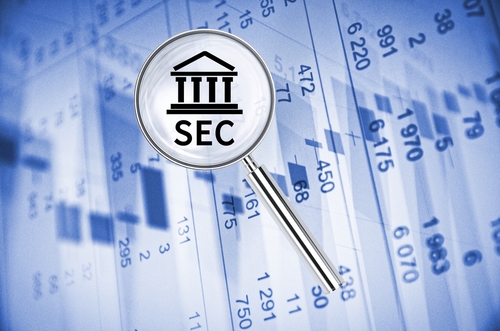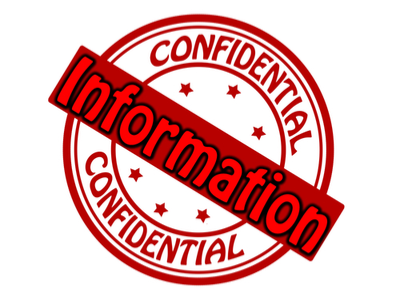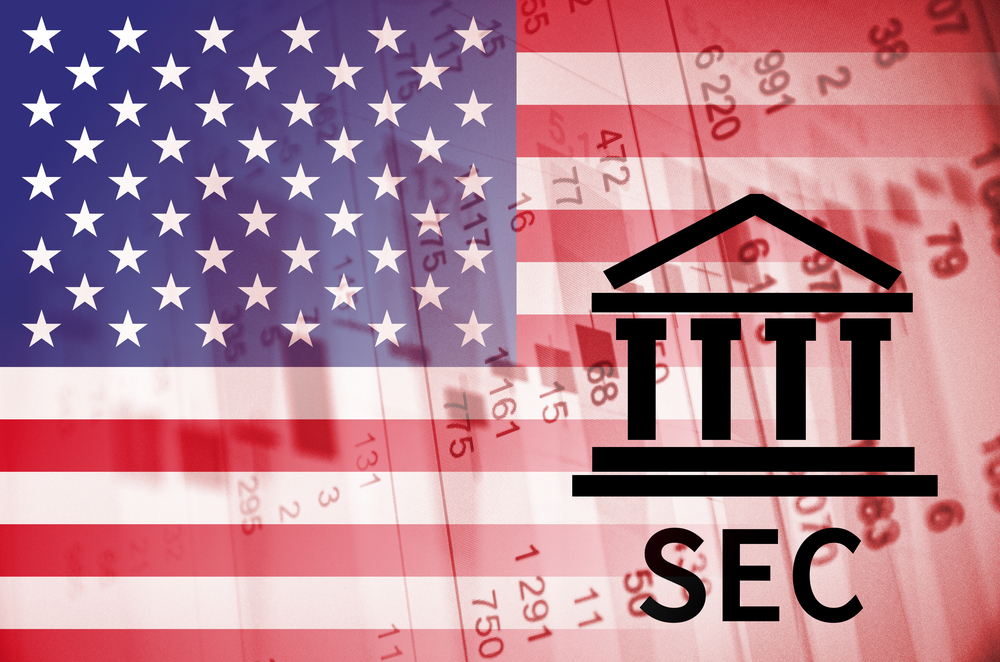Almost a year into the new administration, the U.S. Securities and Exchange Commission’s Division of Enforcement released its annual report last week, providing a recap of the SEC’s enforcement results over the past 12 months, as well as some insight into its direction for the coming year. Overall, the report suggests that the SEC will increase its focus on addressing harm to “Main Street” investors and that pursuing individuals will continue to be the rule, not the exception.
During fiscal year 2017, the SEC pursued 754 enforcement actions, 446 of which were “stand-alone” actions (as opposed to “follow-on” actions which seek to bar executives from practicing before the Commission or to deregister public companies). This represents a drop from the prior year in which the SEC pursued 784 enforcement actions, 464 of which were stand-alone actions. The bulk of the Division’s 446 stand-alone actions in FY 2017 focused on issuer advisory issues, issuer reporting, auditing and accounting, securities offerings, and insider trading—all areas that saw a relatively similar number of cases in FY 2016. Actions involving public finance abuse represented the only significant decrease in the number of cases versus the prior year. In FY 2016, the SEC brought nearly 100 public finance abuse actions compared to fewer than 20 in FY 2017. READ MORE











